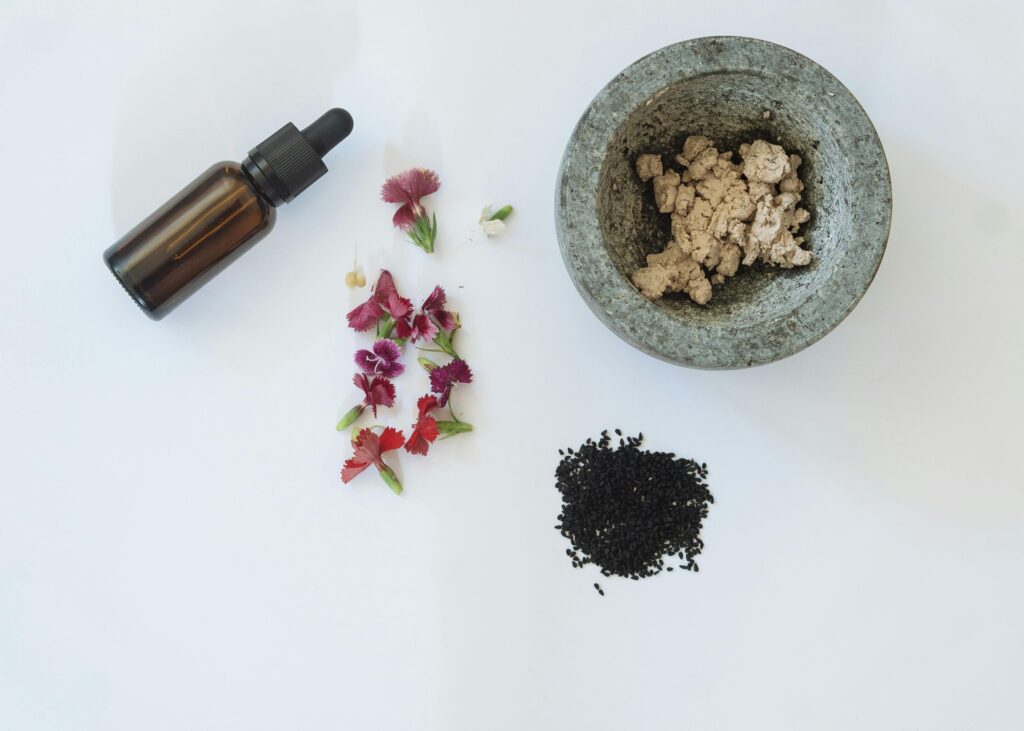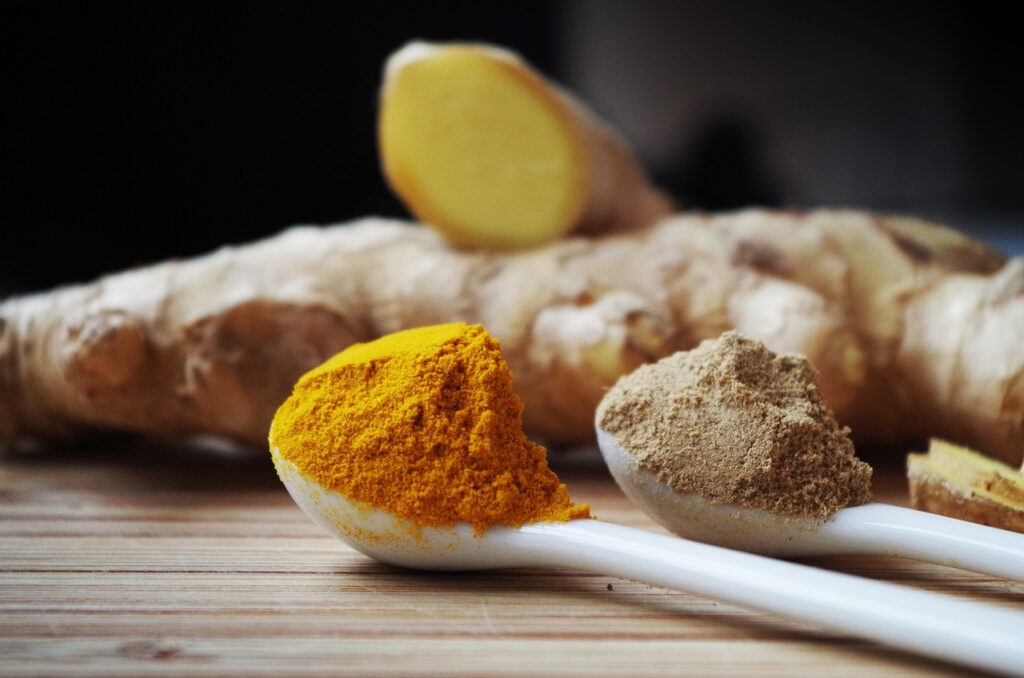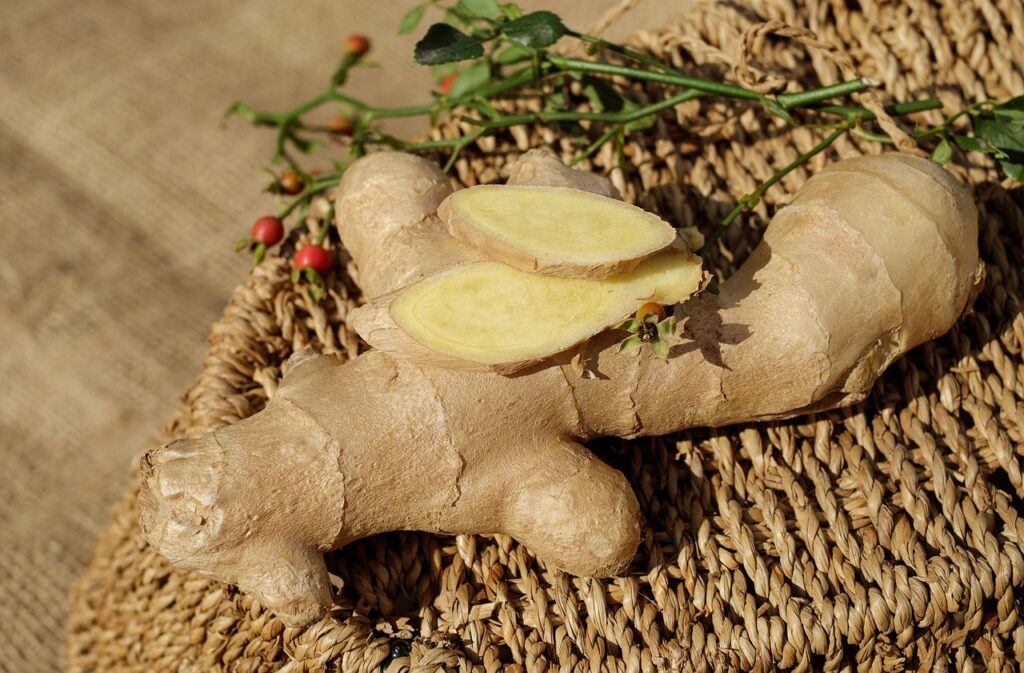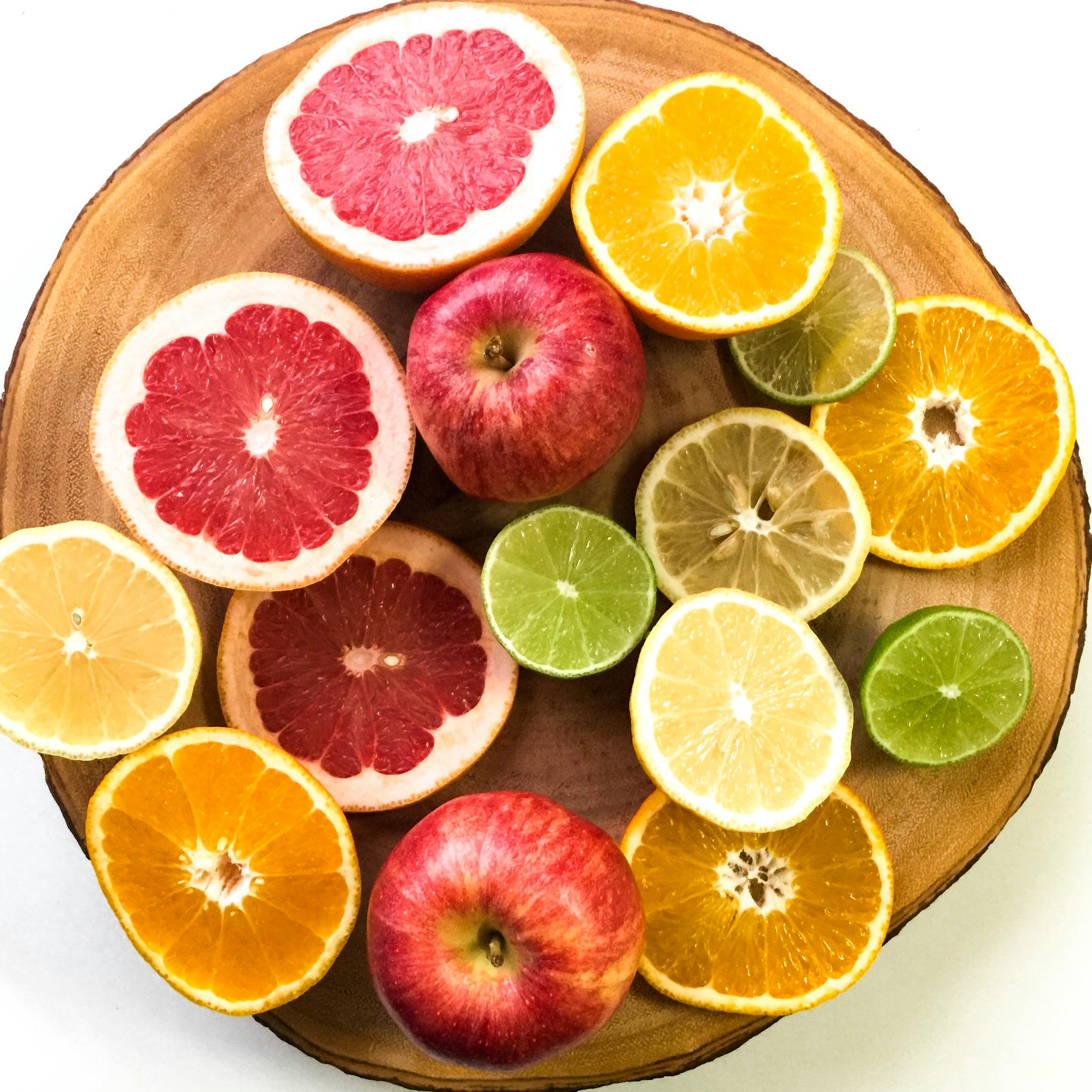Introduction
Ayurveda, an ancient Indian system of medicine, emphasizes the profound connection between food and health. It views food not just as sustenance but as a powerful tool for healing and maintaining balance in the body. This holistic approach considers individual constitution (doshas), lifestyle, and the unique qualities of foods to promote overall wellness.
Table of Contents
What is Ayurveda?
Ayurveda, which translates to “knowledge of life,” is over 5,000 years old and is rooted in the belief that health and wellness depend on a delicate balance between the mind, body, and spirit. In Ayurveda, each person is classified into one of three doshas—Vata, Pitta, and Kapha—based on their unique physical and psychological characteristics.

The Role of Food in Ayurveda
- Balancing the Doshas: Foods are categorized based on their properties, flavors, and effects on the doshas. For example:
- Vata types thrive on warm, moist, and grounding foods.
- Pitta types benefit from cooling, calming foods.
- Kapha types do well with light, stimulating foods.
- Sattva, Rajas, and Tamas: Ayurveda also classifies foods into three qualities:
- Sattva (pure, light): Promotes clarity and calmness.
- Rajas (active, passionate): Stimulates activity but can lead to agitation if consumed in excess.
- Tamas (heavy, dull): Can promote lethargy and should be consumed sparingly.
Healing Properties of Common Ayurvedic Foods
- Turmeric: Known for its anti-inflammatory properties, turmeric is often used in Ayurvedic cooking. It helps balance all three doshas and supports digestion, liver health, and overall immune function.
- Ginger: This root is revered for its digestive benefits and ability to stimulate appetite. It is particularly beneficial for Vata and Kapha types and can help relieve nausea, improve circulation, and reduce inflammation.
- Ghee (Clarified Butter): Ghee is highly regarded for its nutritional value and digestive benefits. It aids in the absorption of nutrients and enhances the flavor of dishes. Ghee also promotes healthy skin and can help soothe irritated tissues.
- Spices: Common spices like cumin, coriander, and fennel not only enhance flavor but also aid digestion and balance doshas. Cumin supports digestive health, coriander has detoxifying properties, and fennel can relieve bloating and gas.
- Holy Basil (Tulsi): This sacred herb is known for its adaptogenic properties, helping the body cope with stress. Tulsi also supports respiratory health, boosts immunity, and has anti-inflammatory effects.



- Amla (Indian Gooseberry): Amla is a powerful antioxidant rich in vitamin C, which supports immune function, skin health, and digestion. It helps balance all three doshas and is known for its rejuvenating properties.
- Moringa: Packed with vitamins and minerals, moringa is often referred to as a “superfood.” It helps improve energy levels, supports digestion, and possesses anti-inflammatory and antioxidant properties.
- Dates: Nutrient-dense and sweet, dates are rich in fiber and natural sugars, making them a healthy snack. They help boost energy, aid digestion, and support overall health.
- Fenugreek: Fenugreek seeds are known for their ability to support digestive health and stabilize blood sugar levels. They can also help with lactation in nursing mothers.
- Coconut: Coconut, in various forms (oil, milk, and flesh), is known for its hydrating and nourishing properties. It helps support digestion, boosts energy, and is rich in healthy fats.



Ayurvedic Diet Guidelines
- Eat Mindfully: Focus on the experience of eating, savoring each bite to improve digestion and satisfaction.
- Seasonal Eating: Adjust your diet according to the seasons to stay in harmony with nature. For instance, lighter foods in summer and heavier, warming foods in winter.
- Cooking Methods: Ayurveda advocates for cooking with care, emphasizing methods that preserve the nutritional quality of food, such as steaming and sautéing with healthy fats.
Conclusion
Ayurveda teaches that food is a form of medicine and can be a significant factor in preventing and treating illness. By understanding your dosha and incorporating Ayurvedic principles into your diet, you can enhance your health and well-being.Feel free to ask any food related questions to our health experts at Health Authentica.










